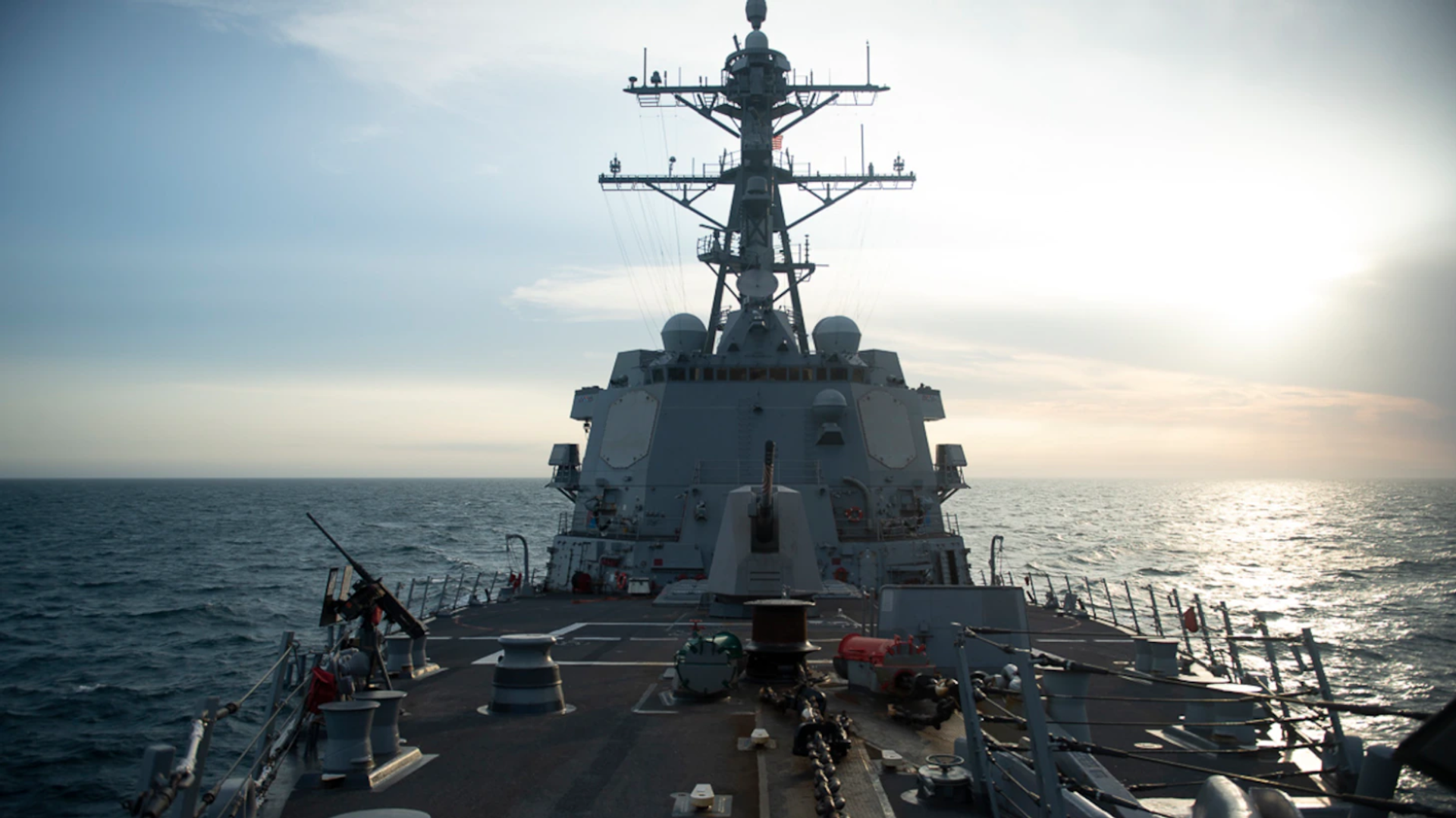https://sputnikglobe.com/20221205/canada-plans-to-increase-traffic-of-warships-through-taiwan-strait-foreign-minister-1105049079.html
Canada Plans to Increase Traffic of Warships Through Taiwan Strait: Foreign Minister
Canada Plans to Increase Traffic of Warships Through Taiwan Strait: Foreign Minister
Sputnik International
MOSCOW (Sputnik) - Canada intends to send more warships to pass through the Taiwan Strait to demonstrate that the waters claimed by China are international... 05.12.2022, Sputnik International
2022-12-05T09:26+0000
2022-12-05T09:26+0000
2022-12-05T09:26+0000
military
canada
warship
taiwan strait
https://cdn1.img.sputnikglobe.com/img/07e6/04/1b/1095108694_0:0:1501:844_1920x0_80_0_0_7ea8d7202d91035b77d03d3c127a5944.png
“We will continue to enforce the international rules-based order when it comes to the Taiwan Strait. And that’s why also we had a frigate going through the Taiwan Strait this summer, along with the Americans, [and] we’re looking to have more frigates going through it,” Joly said in an interview with Financial Times.According to the minister, Canada will increase the number of frigates stationed in the Indo-Pacific region to three, as well as deploy an additional number of diplomats and military attaches. In total, 400 million Canadian dollars ($298 million) will be invested in the region's security.Chinese officials repeatedly told their US counterparts that Beijing did not recognize the strait between the east coast of the mainland and Taiwan as international waters. In addition, Canada recently unveiled its Indo-Pacific Strategy, which called Beijing an "increasingly disruptive global power."Official relations between Beijing and Taipei broke down in 1949 after the Kuomintang forces led by Chiang Kai-shek defeated by the Chinese Communist Party in the civil war moved to Taiwan. Business and informal contacts between the island and China resumed in the late 1980s. Since the early 1990s, the two sides maintain contacts through nongovernmental organizations.
canada
Sputnik International
feedback@sputniknews.com
+74956456601
MIA „Rossiya Segodnya“
2022
Sputnik International
feedback@sputniknews.com
+74956456601
MIA „Rossiya Segodnya“
News
en_EN
Sputnik International
feedback@sputniknews.com
+74956456601
MIA „Rossiya Segodnya“
Sputnik International
feedback@sputniknews.com
+74956456601
MIA „Rossiya Segodnya“
canada, traffic, warships taiwan strait, foreign minister
canada, traffic, warships taiwan strait, foreign minister
Canada Plans to Increase Traffic of Warships Through Taiwan Strait: Foreign Minister
MOSCOW (Sputnik) - Canada intends to send more warships to pass through the Taiwan Strait to demonstrate that the waters claimed by China are international, Canadian Foreign Minister Melanie Joly said on Monday.
“We will continue to enforce the international rules-based order when it comes to the Taiwan Strait. And that’s why also we had a frigate going through the
Taiwan Strait this summer, along with the Americans, [and] we’re looking to have more frigates going through it,” Joly said in an interview with Financial Times.
According to the minister, Canada will increase the number of frigates stationed in the Indo-Pacific region to three, as well as deploy an additional number of diplomats and military attaches. In total, 400 million Canadian dollars ($298 million) will be invested in the region's security.
Chinese officials repeatedly told their US counterparts that Beijing did not recognize the strait between the east coast of the mainland and
Taiwan as international waters. In addition, Canada recently unveiled its Indo-Pacific Strategy, which called Beijing an "increasingly disruptive global power."
Official relations between Beijing and Taipei broke down in 1949 after the Kuomintang forces led by Chiang Kai-shek defeated by the Chinese Communist Party in the civil war moved to Taiwan. Business and informal contacts between the island and China resumed in the late 1980s. Since the early 1990s, the two sides maintain contacts through nongovernmental organizations.


